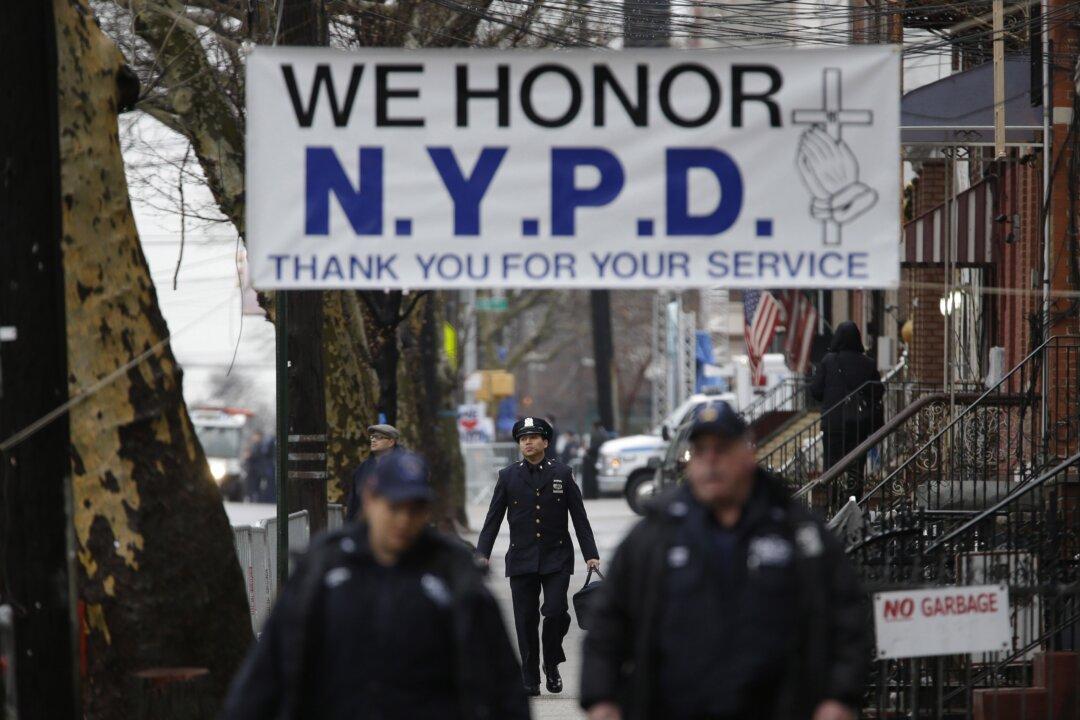When two unarmed black men died at the hands of white police officers in Ferguson, Mo., and Staten Island, New York City last year, their deaths ignited such public outrage that Americans took to the streets, calling out what they believed was a systemic police culture of racism and violence toward minority communities.
From grassroots organizations to the U.S. Justice Department, which is investigating both cases for potential civil rights violations, the country is now evaluating how law enforcement can serve our communities fairly, and tackling how relations between both sides can begin to heal.
Tracie Keesee is co-founder of the Center for Policing Equity at University of California, Los Angeles. The research institute’s social scientists help police departments across the country apply practices that improve racial equity in policing. To date, the center has provided research, consultation, and training to over a dozen police departments across the country.
Keesee, who worked 25 years in the Denver, Colo., police department, has a unique perspective on the problems and challenges law enforcement agencies face. She shared with the Epoch Times her thoughts on what constitutes just, responsible policing. The interview below has been edited for brevity and clarity.
Epoch Times: How does racial bias manifest in law enforcement?
Keesee: It doesn’t just happen in law enforcement. This is something that occurs in everyone, and that is probably the first thing people don’t really understand—that what you see happening and exhibiting in law enforcement happens in education, happens in healthcare.





